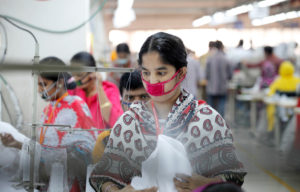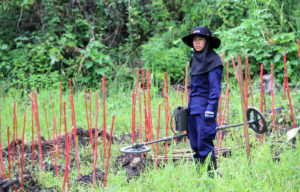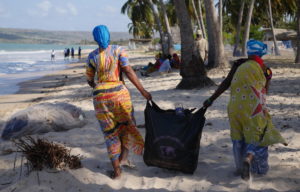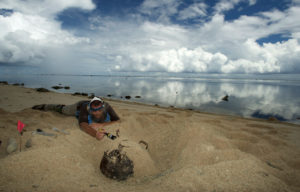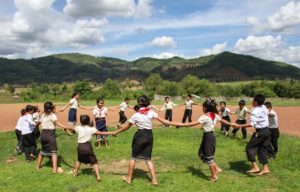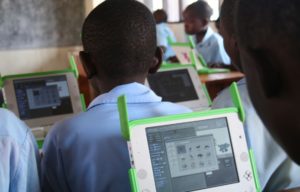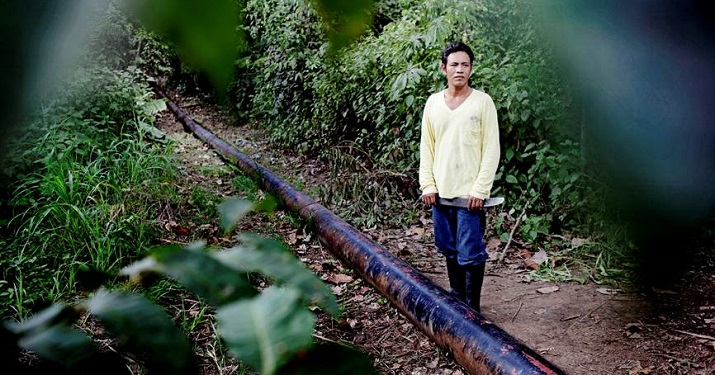
Foto: Steven Achiam
The effect of a high schooler
Highs school students in Denmark have worked for mutual understanding between peoples, guaranteed quality education for children, and supported youth across the world in their fight against government repression. All this by donating a single day of their own education.
Share
Operation Dagsværk
The organisations board is entirely made up of students from the Danish secondary education programmes. Each year, students also choose the organisation’s next project. A minimum of 90 % of the collections goes to the development projects.
The projects of Operation Dagsværk
2009: Zimbabwe, ActionAid Denmark
2010: Burma, Danish Church Aid
2011: Peru, IBIS
2012: Irak, CCPA
2013: Sierra Leone, IBIS
2014: Kenya, The Danish Family Planning Association
2015 is a special year for the high schoolers’ organization, as Operation Dagsværk turns 30 years. This fall, Operation Dagsvært supports student organization in Somaliland in their fight for a voice and influence on their education and future.
Other categories
Region: Denmark
Theme: Children & Youth, Education
During the last six years, more than 100,000 students in Danish secondary education have donned their working clothes to voluntarily donate a day’s work each year. This has sustainable effects on young peoples’ lives and education around the world.
Often, student don’t have much money, but they still want to contribute to the world’s development, so instead of donating money, they volunteer their manpower and donate the profits, as a part of the campaign Operation Dagsværk – Dagsværk being ‘A Day’s Work’. The money goes to different projects around the world, in partnerships with Danish development organisations and local partners in the developing countries.
In Peru, the local project started off with difficulties and resistance form international oil giants, but since then Operation Dagsværk’s and the Danish development organisation IBIS’s project has turned into a success story deep in the rainforest.
Rainforest schools receive praise
The project has trained indigenous people to become environmental agents in order to hold oil companies to account on their environmental commitments, in addition to introducing education in indigenous languages, which has led to a significant progress in the quality of education.
“When the project started, an average of 16 % of the children in the 13th grade passed the obligatory tests in math, natural sciences and communication. By a massive training effort for the teachers, where they really have learned to focus on the individual student’s learning and to use the students’s mother tongue in their education, 53 % of the children now pass the tests”, explains Jette Luna, an education counsellor in IBIS who has followed the project closely.
She explains how the Education Ministry in Peru has deemed it a surprisingly good result in just three years’ of project work.
Some parts of the project will be continued by the Education Ministry, which has taken over the education materials in three languages for the rainforest’s indigenous peoples from IBIS. The teachers have also been trained so they can continue the good work.
”In development work, there is a lot of talk about real sustainability, but it is something very hard to guarantee. This is why it is very satisfying to see how the project in Peru has progressed and how the ministry now has started running it”, says Aske Helweg Krarup, project secretary in Operation Dagsværk.
Football in refugee camps
Operation Dagsværk also runs a project in Iraq, where the project uses football and collective activities to build bridges between different religious and cultural groups, who can meet in the community the sport creates. Now, with almost two million people fleeing the war against the Islamic State, the project is more relevant than ever. Because of the war, the project has moved into Iraq’s many refugee camps. The local partner organisation, AlSalaam, has trained 89 instructors, 390 coaches and 684 coaching assistants, more than three times the project’s goal – and even more have been trained since last count. This helps different Iraqi groups to get to know each other.
Youth leaders in Zimbabwe
In the Zimbabwean project, Operation Dagsværk supports ActionAid Denmark’s efforts in training and mobilizing 3,600 youth in Zimbabwe in leadership. They gain competences to fight against the injustices of local and national authorities. The youth leaders have for example stopped a series of human rights violations by the government, which have displaced people and demolished houses and markets so that up to 3,000 people have lost their homes and livelihoods. The work has resulted in a stop of demolitions, and the youth is now bargaining with the local government about a fair regulation of the rules for shopkeepers and booths in the local markets.
Critical thought in Myanmar
Thanks to the effort of the Danish high schoolers, thousands of internally displaced children and youths in Myanmar have gotten access to school, and hundreds of teachers have been trained in pedagogy and student centered teaching. The project has also gotten the subject “critical thought” approved, as it was banned by Myanmar’s military regime before.
